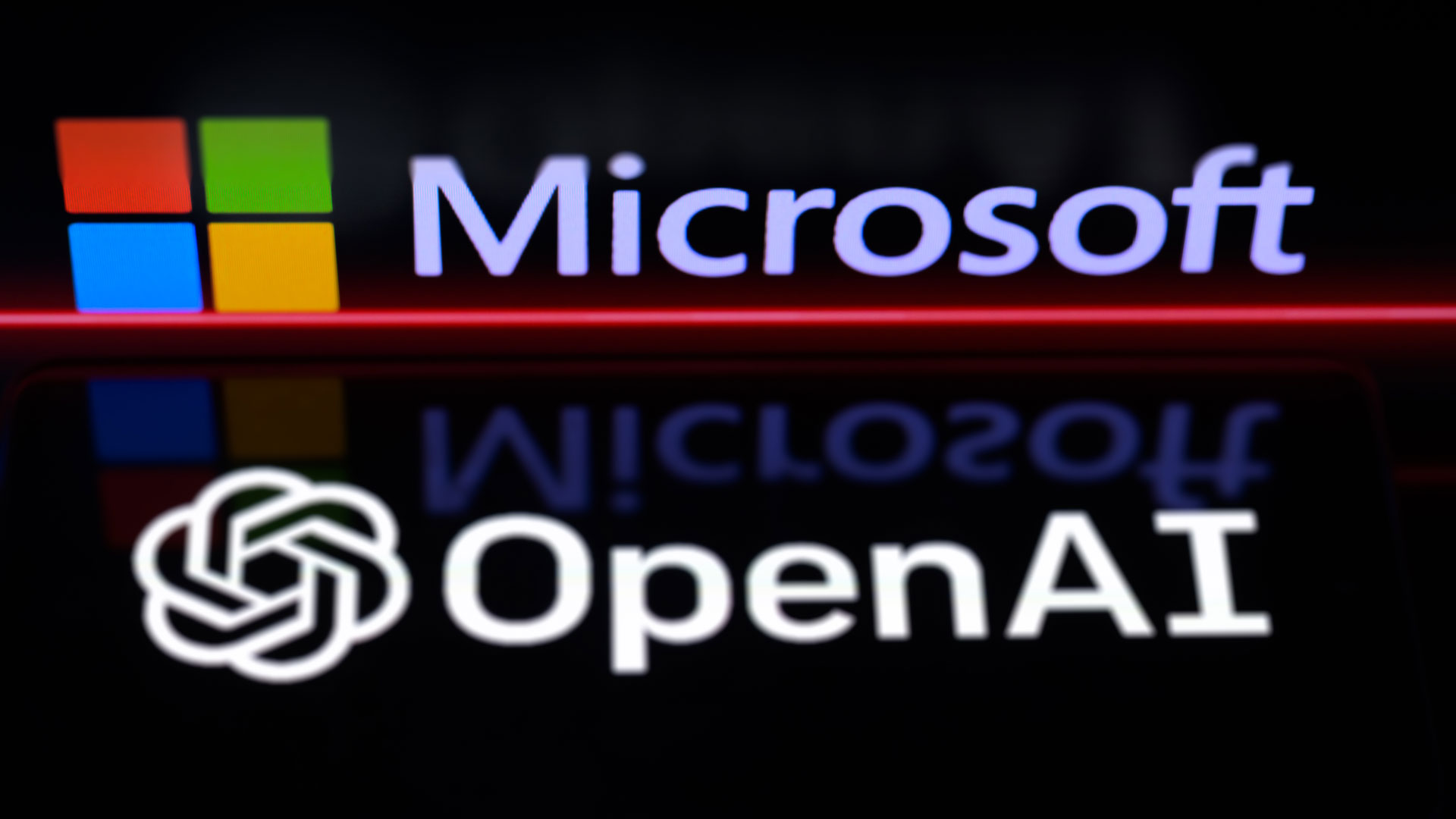Coming out of the Free and Open Source Software (FOSS) community this week, we have aGentoo Wiki postand an update toNetBSD’s commit guidelinesthat forbid or heavily restrict the usage of AI-generated code within these open-source Linux distributions. Considering how controversial AI is and how often it can turn around solutions that don’t quite work correctly (especially for programming tasks), there are plenty of practical reasons for applying these new policies.
In NetBSD’s case, “code generated by a large language model or similar technology” is “presumed to be tainted code and must not be committed without prior written approval.” So, while their policy may technically allow AI contribution in the future, it won’t be without human oversight to ensure the feature(s) actually work.

Meanwhile, Gentoo Linux is more direct about banning AI tools altogether while contributing to the Gentoo project. The Gentoo team directly cites copyright, quality, and ethical concerns behind their reasoning for not allowing LLM-generated code into their operating system. In particular, their ethical concerns emphasize that commercial AI projects “are frequently indulging in blatant copyright violation to train their models,” their use of natural resources may be too severe, and that LLMs have been used to empower scammers.
Compared to statements by the likes of Jensen Huang pointing toward AI and AI hardware as “the death of coding,” these decisions from established FOSS projects show that we still need skilled work from individual humans for the best results, not machines.

Fortunately for critics of generative AI, it’s slowly becoming more accessible to turn off these features where they are unwanted. For example, you canblock the AI results from Google’s search resultsto avoid getting potentially incorrect advice from a robot.
Elsewhere in the FOSS scene, the use of gen AI is still being debated— for example, thereis still a thread discussing the use of AI-generated contentin the Debian Project. For the most part, though, it seems like Debian is unwilling to put its foot down and outright ban generative AI from their project like Gentoo and NetBSD, which could have interesting long-term implications if Debian winds up proving the dangers of letting an AI write an OS.
Get Tom’s Hardware’s best news and in-depth reviews, straight to your inbox.
Christopher Harper has been a successful freelance tech writer specializing in PC hardware and gaming since 2015, and ghostwrote for various B2B clients in High School before that. Outside of work, Christopher is best known to friends and rivals as an active competitive player in various eSports (particularly fighting games and arena shooters) and a purveyor of music ranging from Jimi Hendrix to Killer Mike to the Sonic Adventure 2 soundtrack.